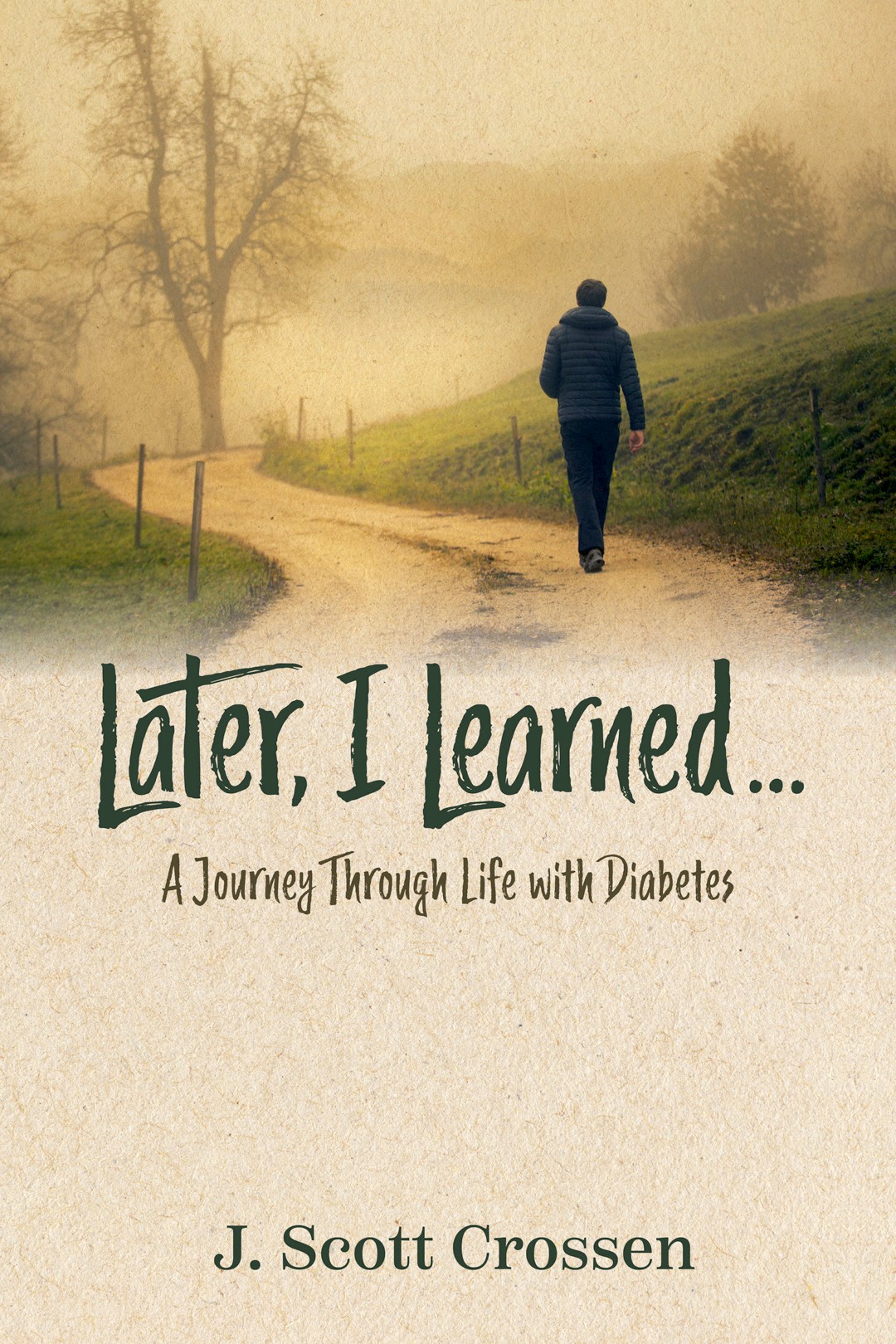Alright – so today we’ve got the honor of introducing you to J. Scott Crossen who wrote the book, Later, I Learned. We think you’ll enjoy our conversation, we’ve shared it below.
Scott, thanks for taking the time to share your stories with us today One of the most important things small businesses can do, in our view, is to serve underserved communities that are ignored by giant corporations who often are just creating mass-market, one-size-fits-all solutions. Talk to us about how you serve an underserved community.
I wrote the book Later, I Learned to reveal the truth about diabetes, its impact on 34 million people nationwide, and why a cure for the disease has not been found. I have lived with the condition for over sixty years and witnessed its effect on my life and the lives of many who cannot afford medicine or supplies. Most are unaware of the disease’s severe health consequences, which occur from not having access to the knowledge or services needed to avoid complications or from not paying attention. The book calls for all affected by diabetes to demand more action be taken by government officials for an account of how money donated to find a cure for the disease is truly being used. The diabetic population does not need another costly treatment that benefits only those who can afford the product more than we need a complete cure.
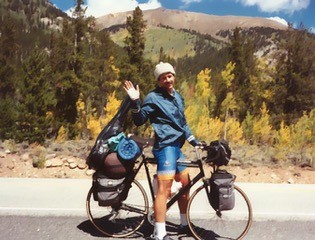
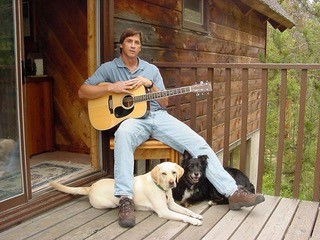
Scott, love having you share your insights with us. Before we ask you more questions, maybe you can take a moment to introduce yourself to our readers who might have missed our earlier conversations?
I was born in Detroit and began experiencing the effects of diabetes when I was a young child in 1959 through repeated episodes of hypoglycemia (low blood sugar). This condition occurred through exposure to endocrine disruptors, a poor diet, and a genetic propensity for the auto-immune disease known as diabetes. I lived with frequent hypoglycemia episodes for eleven years before becoming hyperglycemic (high blood sugar) and being diagnosed with Juvenile diabetes (type 1) in 1971. I promised myself that I would not let the disease keep me from doing what I wanted and spent the rest of my life committed to achieving good health through diet, supplements, and athletic endeavors like bicycling alone across the continent multiple times, racquetball, high-altitude climbing, boxing, and other martial arts. Each endeavor included episodes of short-term complications and the lessons learned. To date, I am without long-term secondary complications. However, this accomplishment is offset by the short-term complications of hypoglycemia that I experienced from my attempts to keep blood sugar in the normal range. For the past three decades, I’ve trained hundreds of people in boxing, self-defense, various sports, and healthy eating to achieve and maintain good health.
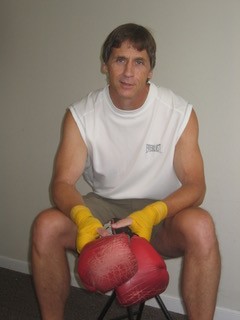
We’d love to hear a story of resilience from your journey.
There have been many throughout my life, and it is difficult to choose only one. Most chapters in my memoir describe a situation where resiliency was required to survive and live. But here is a summary of one.
During my first solo bicycle trip across Canada, I lapsed into severe hypoglycemia in a motel room in the early morning hours. When I regained consciousness, I was lying on the floor in a pool of blood. My body was experiencing violent convulsions, and I was unable to acquire the sugar I needed, which was necessary to recover from the hypoglycemic condition. After repeated attempts, I reached and consumed the sugar. I then discovered I had a broken nose, split lips, multiple lacerations across my body, and strained tendons and muscles from the convulsions. I could not acquire medical help and had to reset my nose and tend to my wounds. Two days later, I cycled another 88 miles toward Montreal.
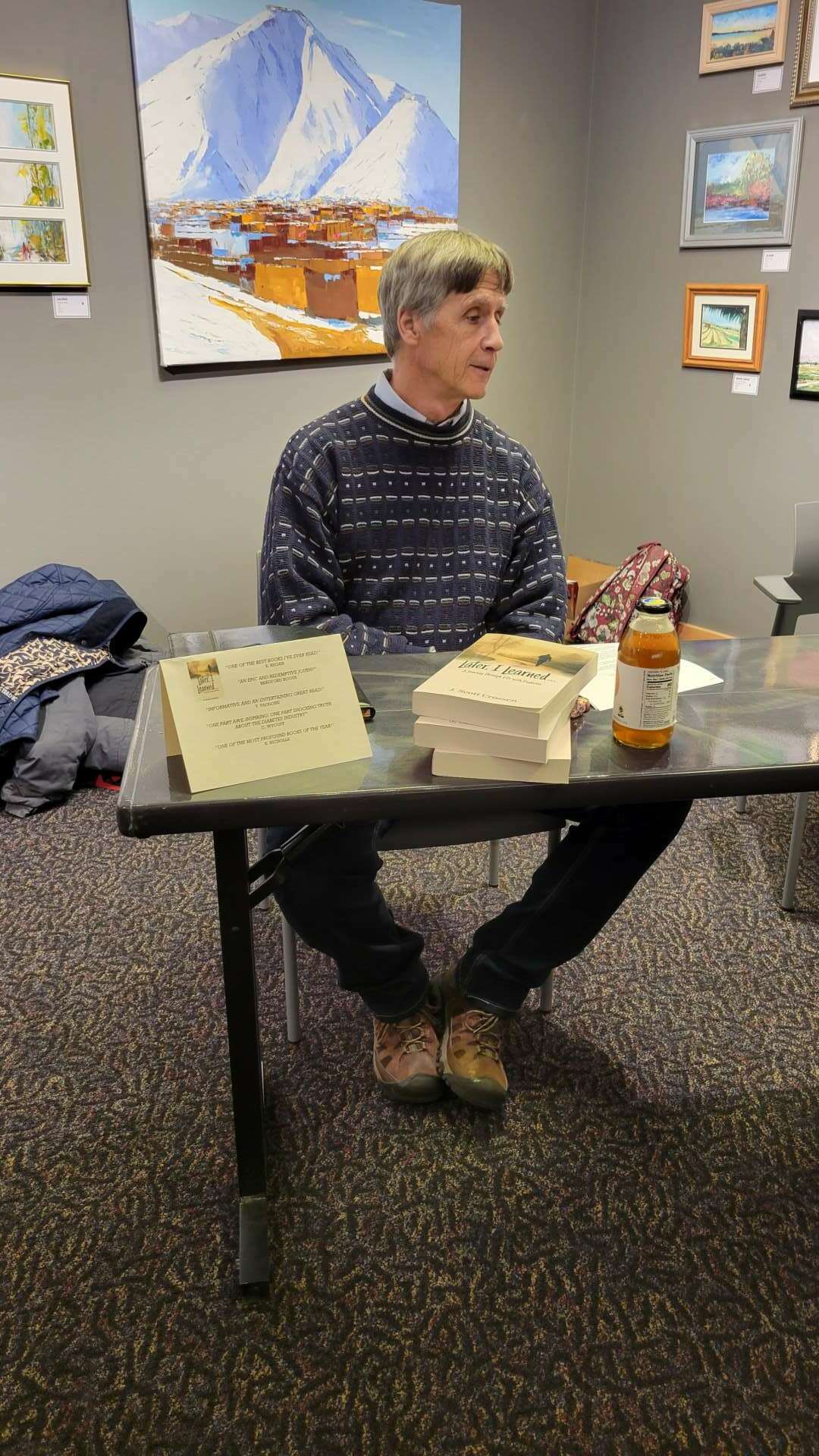
Is there mission driving your creative journey?
I am passionate about sharing the truth about diabetes, its impact on people, and why a cure has not been found or may never be found. The public is being hoodwinked by professional organizations and foundations who claim they are dedicated to finding a cure, and it’s time for an accounting.
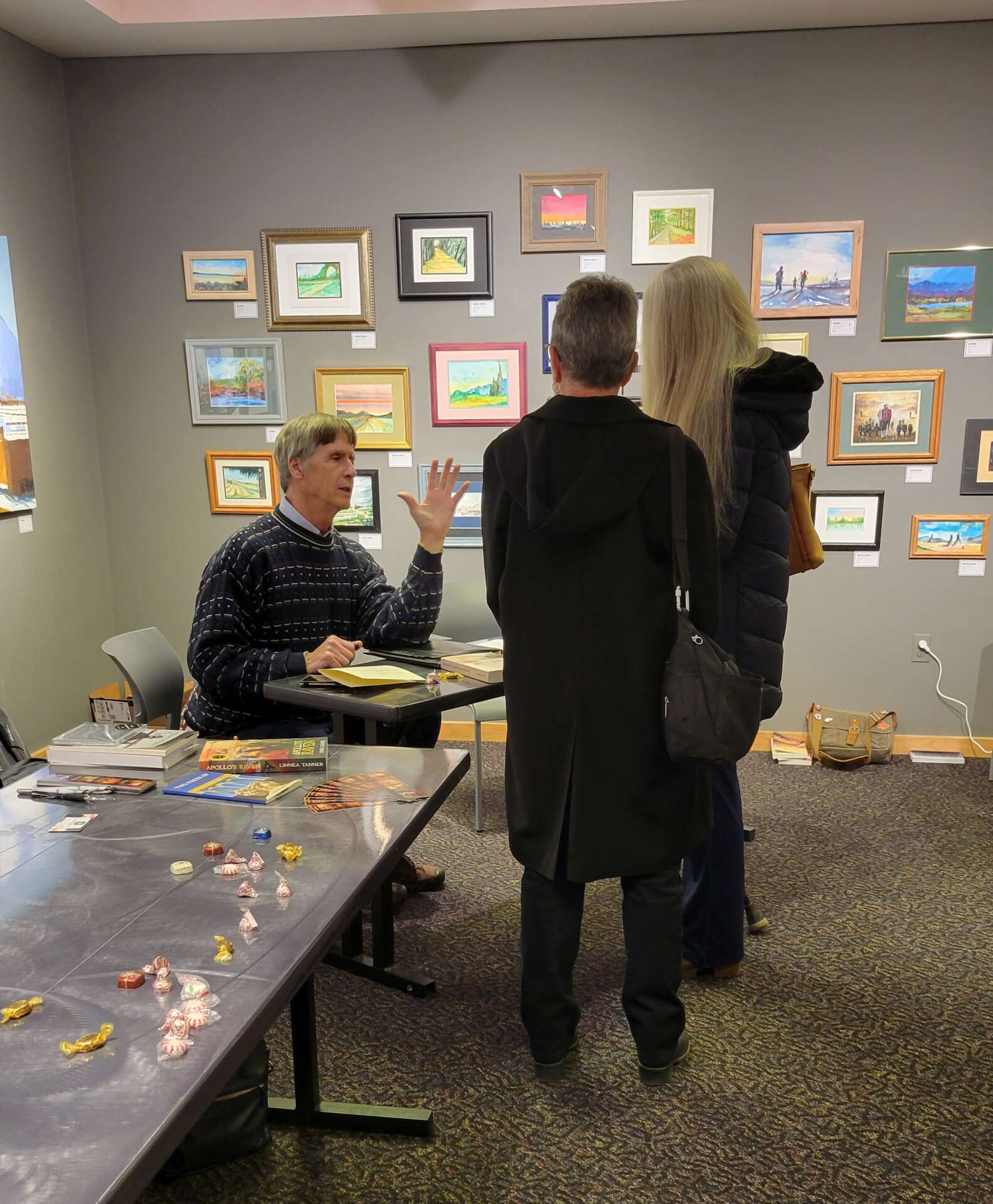
Contact Info:
- Website: laterilearned.com


